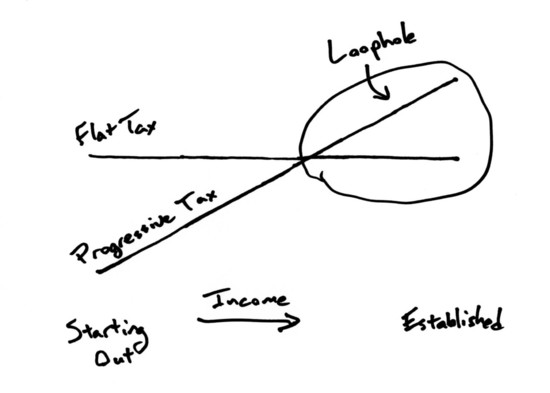It’s been almost a year since I got the new Apple TV. We’ve been using it a ton lately, since network TV is in mostly reruns, and it’s a good opportunity to catch up on some shows and movies. When I got the Apple TV back in November, I mentioned three things that I thought would make a huge difference: an Amazon Prime app, a Comcast X1 app, and support for the iCloud Keychain. Well, none of those things have come true. But the last is almost coming true in tvOS 10.
iCloud Keychain support would make entering all the TV provider passwords easy. In tvOS 10, you’ll only need to enter the provider password once, and it’ll activate all of the TV apps you have access to. That’ll be surprisingly helpful and will reduce the number of times a password needs to be entered (or you hit one of those stupid activation screens) considerably.
Almost a year in, apps are starting to take advantage of the capabilities of tvOS. I plan to write about some of the apps that I’ve found really nice (and some that aren’t great) in the near future. If you want a preview, check out Fox Sports Go. It’s multiscreen live feature is pretty fantastic, and a perfect use of the Apple TV.
Improvements to Siri and the Apple remote have made the Apple TV much nicer to use since the launch. I find myself using Siri more frequently now, since it has a pretty high success rate of finding the show that I’m looking for, and dumping me one click from opening it. That’s useful, given that some of the interfaces (I’m looking at you, HBO Go) are pretty horrific for navigating around.
We use the Apple TV pretty regularly at this point, and I find new useful apps every week (Last weekend I discovered the awesomeness of the ABC app, if you can believe it. Schoolhouse Rock and Sports Night.). If it had Prime and Xfinity X1 support (which, in both cases, isn’t crazy, since I’m paying for subscriptions for both), we’d probably have the Apple TV on the first input of the TV.
